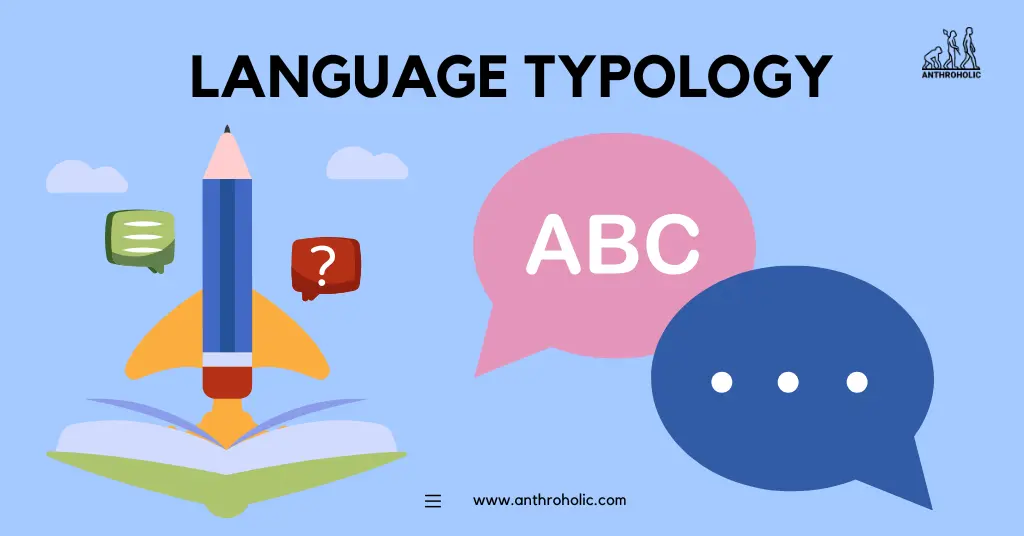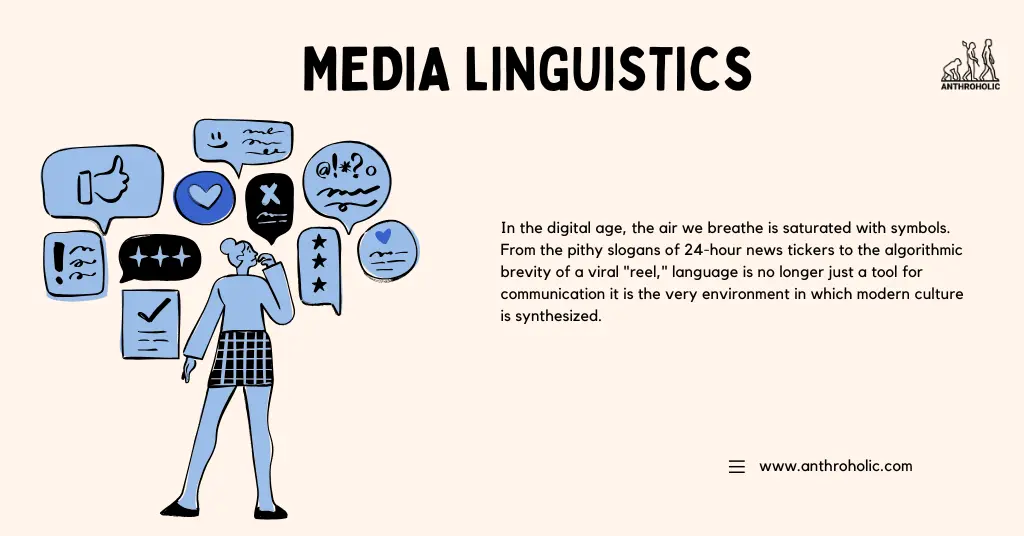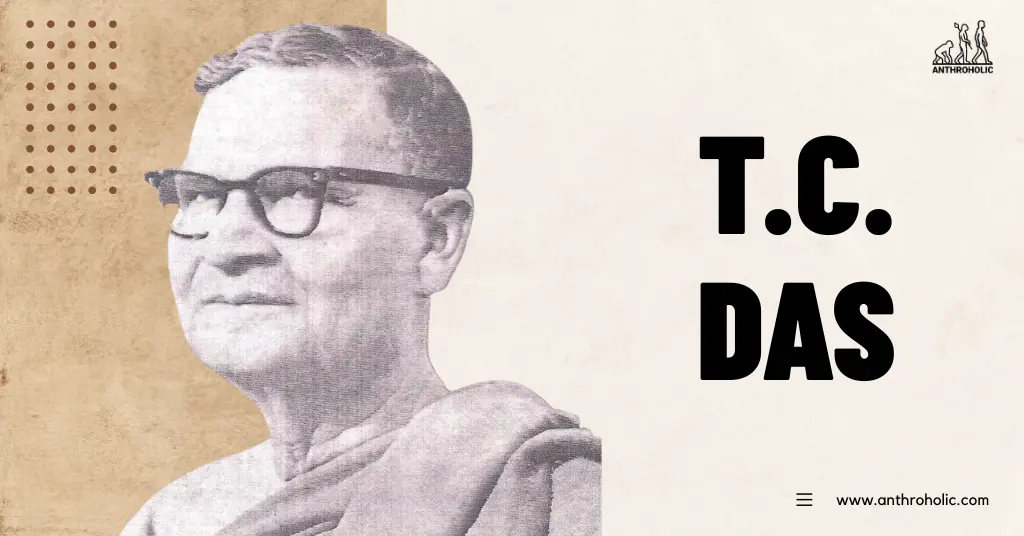AI Answer Evaluation Platform Live Now. Try Free Answer Evaluation Now

Visualism
In the realm of anthropology, this reliance on the optical has a name Visualism. It is not merely the act of looking
+91-7303290503, +91-9557169661 | MON to SUN 10:00 AM - 6:00 PM

In the realm of anthropology, this reliance on the optical has a name Visualism. It is not merely the act of looking

In traditional social science, objects were often relegated to the background mere tools or "props" for human action. However, Actor-Network Theory (ANT)

Language Typology is the field of linguistics and linguistic anthropology that classifies languages according to their structural features

In the digital age, the air we breathe is saturated with symbols. From the pithy slogans of 24-hour news tickers to the algorithmic brevity of a viral "reel," language

Tarak Chandra Das (often cited as T.C. Das) was a pioneering Indian cultural anthropologist whose rigorous ethnographic work

Paranthropus is a genus of extinct hominins that lived in Africa roughly between 2.7 and 1.0 million years ago.

Dryopithecus, a member of the extinct great ape family, holds a significant place in the study of hominid evolution. Their fossilized remains, often discovered in

The Cro-Magnon people are among the earliest known examples of Homo sapiens in Europe. Their remains, along with impressive examples of their art and other artifacts, have helped anthropologists understand the human journey.

Australopithecus is a genus of hominins that existed between approximately 4.2 and 1.2 million years ago. The name, which translates to 'southern ape',

Gender issues are problems that come up when people are treated unfairly just because of their gender. Think about situations

Personal identification is the process of recognizing or establishing the individuality of a person. It may involve confirming whether an unknown person

The Jajmani System is an ancient socio-economic institution in India, primarily observed in rural areas